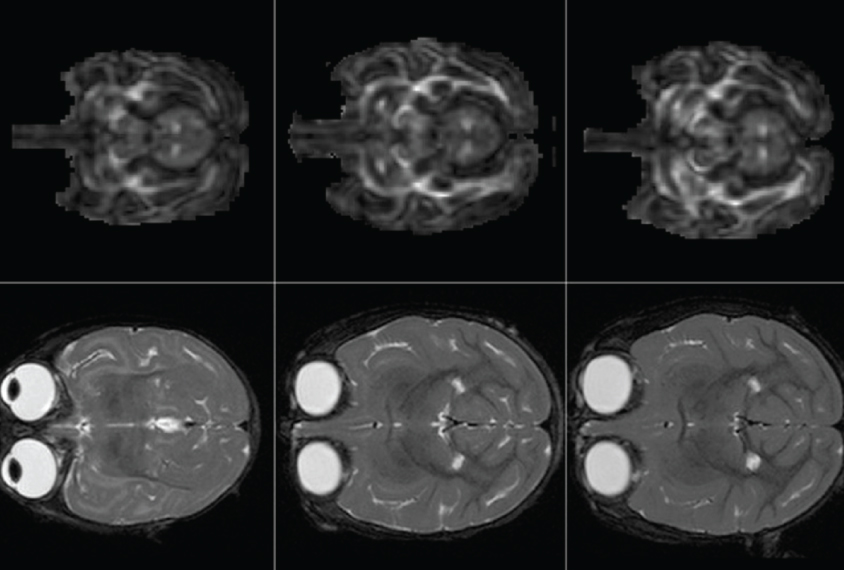Elizabeth Preston is a science writer and editor in the Boston area. She has written for The Atlantic, Wired, Jezebel and the Boston Globe, among other publications. Her blog, Inkfish, is published by Discover.

Elizabeth Preston
From this contributor
Test paints quick picture of intelligence in autism
A picture-based test is a fast and flexible way to assess intelligence in large studies of people with autism.

Test paints quick picture of intelligence in autism
New atlases chart early brain growth in monkeys
A collection of brain scans from monkeys aged 2 weeks to 12 months reveals how their brain structures and nerve tracts develop over time.

New atlases chart early brain growth in monkeys
Work in progress: An inside look at autism’s job boom
Splashy corporate initiatives aim to hire people with autism, but finding and keeping work is still a struggle for those on the spectrum. Can virtual avatars and for-profit startups help?

Work in progress: An inside look at autism’s job boom
Explore more from The Transmitter
New autism committee positions itself as science-backed alternative to government group
The Independent Autism Coordinating Committee plans to meet at the same time as the U.S. federal Interagency Autism Coordinating Committee later this month—and offer its own research agenda.

New autism committee positions itself as science-backed alternative to government group
The Independent Autism Coordinating Committee plans to meet at the same time as the U.S. federal Interagency Autism Coordinating Committee later this month—and offer its own research agenda.
Two neurobiologists win 2026 Brain Prize for discovering mechanics of touch
Research by Patrik Ernfors and David Ginty has delineated the diverse cell types of the somatosensory system and revealed how they detect and discriminate among different types of tactile information.

Two neurobiologists win 2026 Brain Prize for discovering mechanics of touch
Research by Patrik Ernfors and David Ginty has delineated the diverse cell types of the somatosensory system and revealed how they detect and discriminate among different types of tactile information.
Shifting neural code powers speech comprehension
Dynamic coding helps explain how the brain processes multiple features of speech—from the smallest units of sounds to full sentences—simultaneously.

Shifting neural code powers speech comprehension
Dynamic coding helps explain how the brain processes multiple features of speech—from the smallest units of sounds to full sentences—simultaneously.